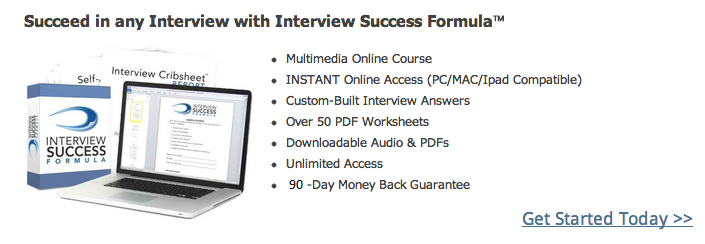 Over the past few years, job seekers have started wonder why the phone interview has been used at a much higher frequency. The reasons a company or organization chooses to use a telephone interview can vary. Here are some of the situations in which you are likely to be asked to have one.
Over the past few years, job seekers have started wonder why the phone interview has been used at a much higher frequency. The reasons a company or organization chooses to use a telephone interview can vary. Here are some of the situations in which you are likely to be asked to have one.
Phone interviews have been traditionally used for preliminary or first-round screenings. These conversations are usually not that long, running just a half hour in length. Given the short duration of these meetings, this format is more convenient for job candidates and reduces travel costs.
The phone interview also has the advantage of preventing weather delays. For busy offices and executives, appointment books are scheduled weeks in advance. If snow or other inclement weather occurs and an interview is canceled, the hiring process can be delayed by a couple of months.
For international or otherwise geographically distant hires, phone interviews are certainly more convenient. As companies expand their global reach, there is more international hiring. Furthermore, with the "Great Recession" and its aftermath, some companies shut down, and the people who worked for those companies have had to look for jobs a fair distance away. Unlike in the good old days of a few years ago, companies also don't want to reimburse or arrange travel for job candidates. In addition to using phone interviews, companies are now also taking advantage of Skype or video chat to get a more multi-dimensional view of potential hires.
Perhaps the interviewer wants to test your telephone skills. If your job will require you to communicate with people on the phone, then a telephone interview is a nice way to assess how you perform in this capacity.
Additionally, the telephone interview is convenient for a busy interviewer. If a company is growing fast or is severely short-staffed, finding the time to arrange live interviews and host job candidates in an office can be difficult.
In some cases, the interviewer might simply have no office (at least, not in the traditional sense). For people such as those in regional sales, their office may be their cars or briefcases. You may get an interview at a coffee shop, but don't be surprised if you are given a phone interview instead.
Moreover, the interviewers might be a panel of people in different locations. You may be at home or sitting across from one person, while also speaking to four others simultaneously. This type of format is not uncommon in regional, national, or international nonprofits, where candidates are hired by the nonprofit board that has members in many different locations.


